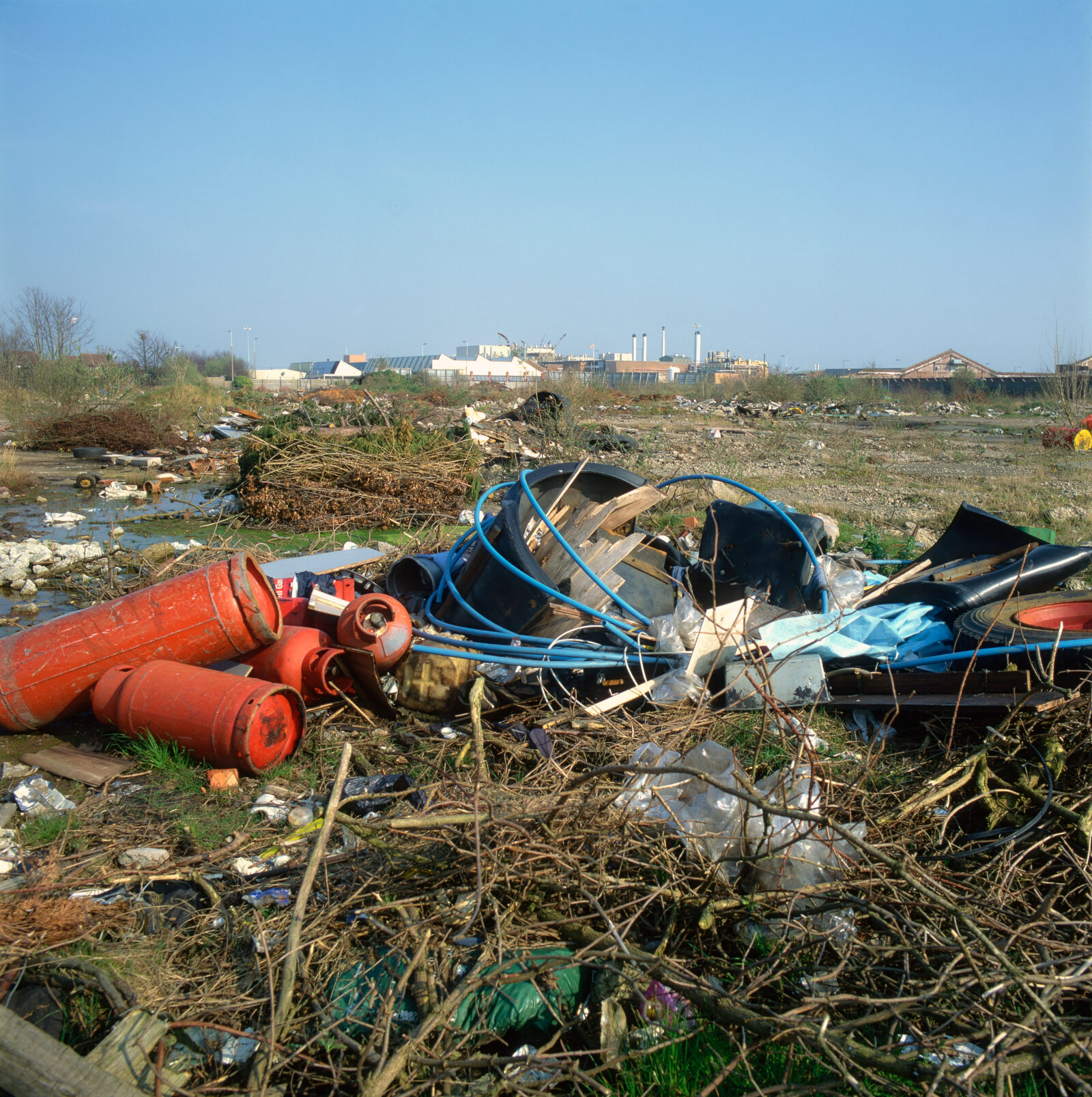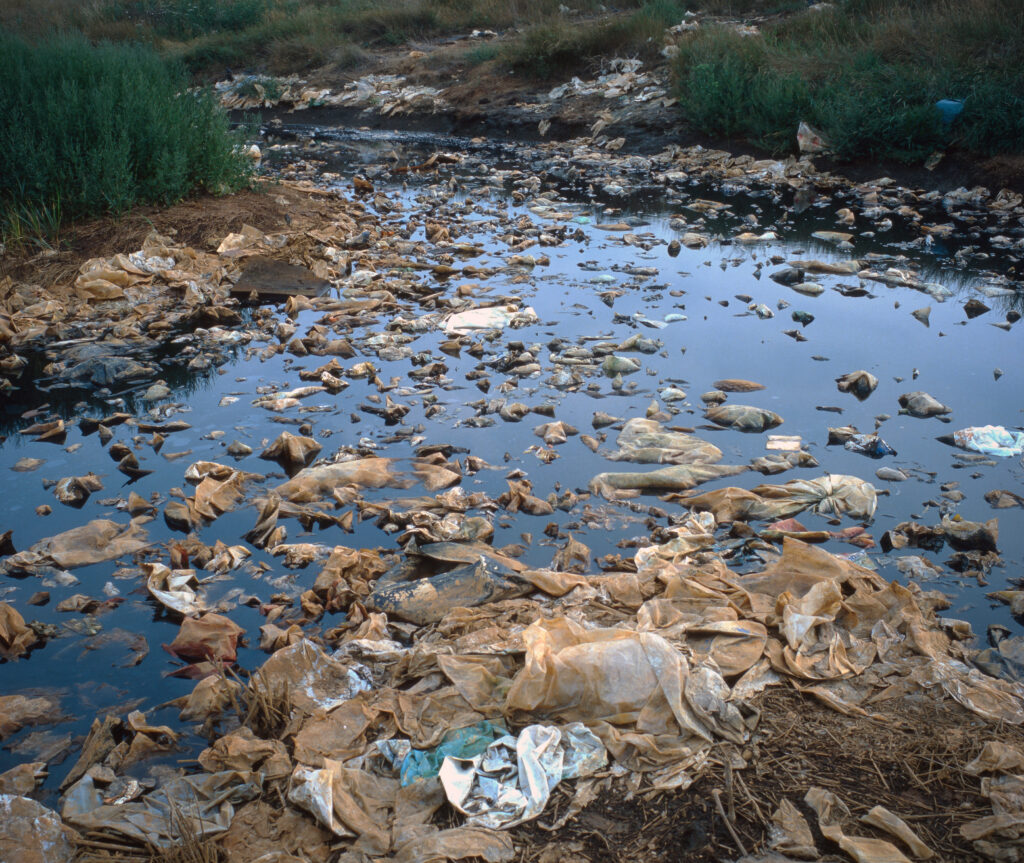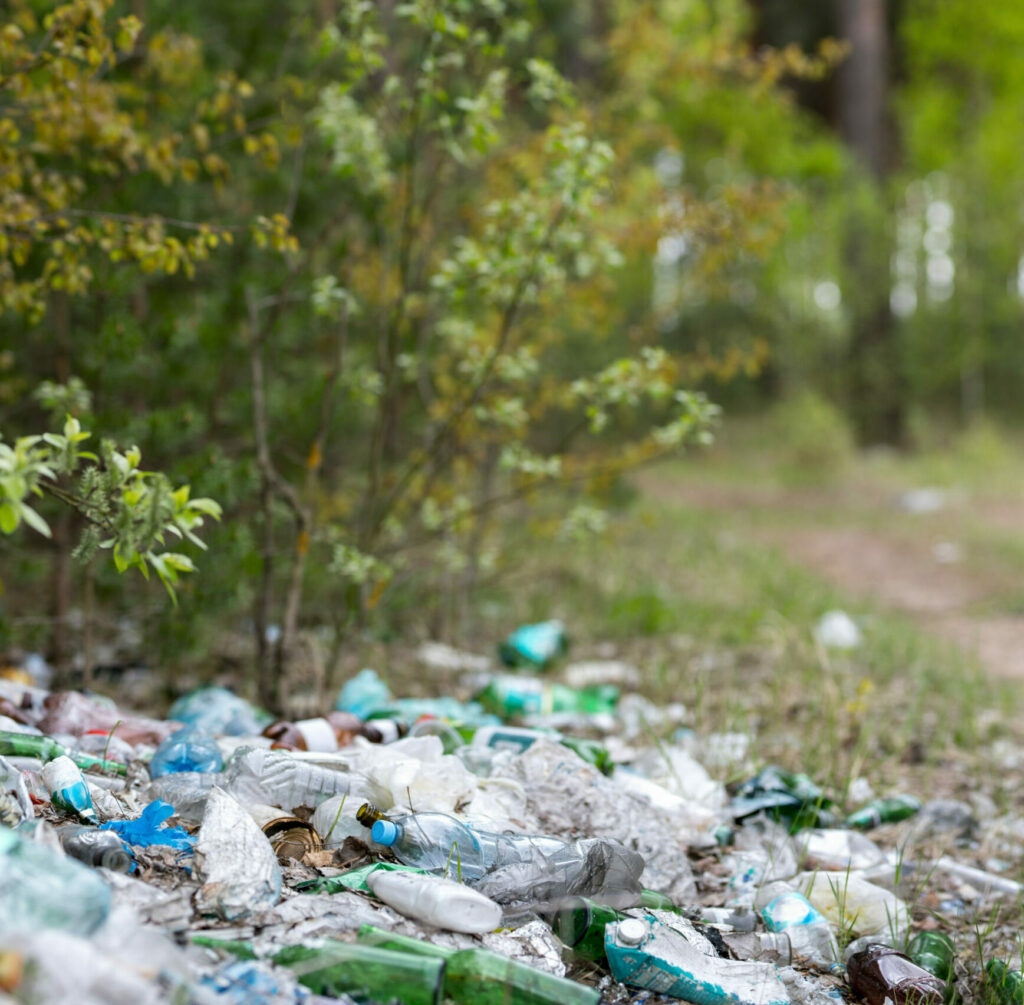We are contaminated land consultants, offering a wide range of land remediation services including contaminated land investigation and remediation to fulfil your legal requirements.
Contaminated Land Investigation & Remediation
With a significant increase in the development of brownfield sites in the UK, ground contamination is a common occurrence, resulting in project delays and significant cost implications if dealt with incorrectly.
By adopting the latest technology and listening to our client’s requirements, we provide a pragmatic and innovative approach to environmental and contaminated land issues.
Our team of contaminated land remediation contractors have extensive experience in contaminated land investigation and risk assessment throughout multiple contexts, covering soil, gas and groundwater contamination.
Contaminated Land Remediation Services
From initial site investigation through to in-situ contaminated waste treatment and off-site disposal, Zirkon can assist with your project and ensure you fulfil your legal obligations. We aim to provide cost-effective solutions with minimum hassle and disruption to your project timeline.
Zirkon is well-equipped, and our team of experts are fully qualified to offer land remediation services within multiple environments across the UK, including public infrastructure and commercial spaces. We carry our own Environment Agency-approved Mobile Treatment Permit and are also Registered Waste Carriers.
Services we offer:
As contaminated land consultants, we work within most sectors and offer the following services:
- Remediation design
- Waste Classification
- Haulage & Licensed Disposal (Non-Haz & Hazardous)
- Soil remediation (Hydrocarbons, heavy metals, asbestos)
- Invasive plant remediation
- Asbestos
- Bioremediation
- Chemical oxidation
- Stabilisation
- Soil washing



Sectors We Work With
Residential
Waterways
Restoration & Regeneration
Industrial
Utilities
Leisure
Healthcare
Ports & Costal Development
Infrastructure
Retail
Education
Our team can advise on the options available, and provide a detailed appraisal tailored to your site and individual requirements.
Contaminated land contractors are generally employed in a phased approach, whereby each phase determines whether the subsequent phase will be required. If for example, contamination is confirmed during a contaminated land survey, the report will describe the requirements for the following phase. If however, there are no potential sources of contamination identified, the site investigation phase, remediation phase and verification phase will not be necessary.
The historical use of the land plays a large role in the contamination of a site. Cities such as Nottingham & Birmingham, for example, are more likely to have land found to be contaminated due to the industrial history behind the cities. Past manufacturing activities, asbestos works, mining, petrol stations and a number of other sources can all result in land being found to be contaminated due to the release of toxic carcinogenic chemicals, organic contaminants and other potentially harmful substances from these activities. Some rural sites can also become contaminated as a result of agricultural activities.
A contaminated land investigation is highly recommended to rule out the contamination of commercial land, to ensure potential costs and penalties from environmental authorities such as the Department for Environment, Food and Rural Affairs do not arise.
Zirkon is able to assist with all contaminated land assessment and remediation requirements, from simple surveys to complex multi-contaminant assessments before developing on heavily contaminated brownfield sites, to the assessment of groundwater risk for environmental permitting applications.
Trusted By Clients Throughout The UK








Contact our contaminated land consultants
Looking for a contaminated land survey or land remediation services for your site?
Our team of contaminated land remediation contractors are on hand to provide specialist advice on the investigation and remediation of contaminated land, and to ensure your project is delivered to the highest standards – on time, safely, within budget and with care for our environment and communities.